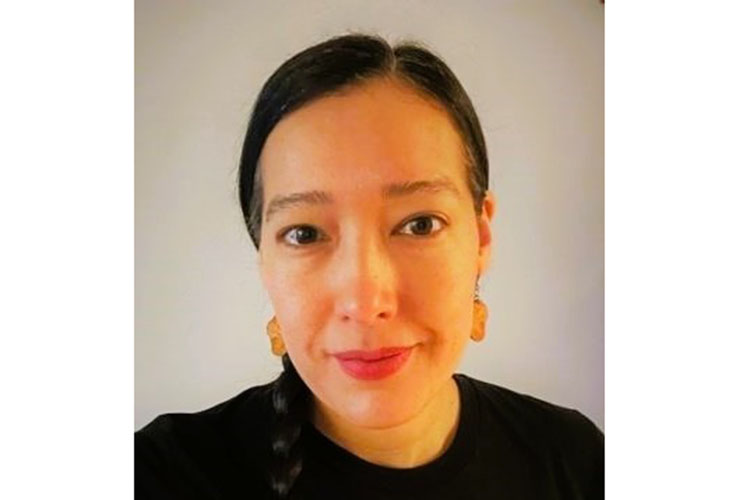Tell us about the research you are engaged in as a doctoral student at the Zilber College. What impact will it have on the community? What excites you most about it?
My research centers on the violence of law enforcement as experienced by Latine and Hispanic women. As a doctoral student, I have explored the growing body of research examining violence by law enforcement as a public health crisis that disproportionately affects Black and Brown communities. In particular, I have examined the ways in which law enforcement violence impacts Black and Brown women. A small body of literature has demonstrated that Latine and Hispanic women experience significant and disproportionate lifetime exposure to direct and vicarious violence by law enforcement. This exposure has both immediate and long-term impacts for the health of our broader Latine and Hispanic community, yet we often remain in the margins of public health discourse on law enforcement violence.
Through my research, I aim to strengthen our understanding of the unique experiences of Latine and Hispanic women with the violence of law enforcement. Through this process, I hope to add to the growing body of public health evidence that can support the work that has been underway for decades by grass-roots advocates and organizers, to dismantle the institutions that maintain structural violence and inequities in the attainment of health, wellbeing, safety, education, and prosperity.
What inspired you to pursue your PhD at UWM?
I was born and raised in the City of Milwaukee. The people I love most are here. Milwaukee is my home. When I felt ready to pursue a PhD, I wanted to complete it within the community I love so that I could help to create a healthier, kinder, and safer place not just for the next generation in my family, but for our community’s next generation.
The location of the Zilber College of Public Health was also important to me. The Zilber building is located just across the freeway from vibrant communities where the people themselves have been doing the work of improving public health, re-imagining safer communities, and fighting for justice and equity. These are the communities that public health practitioners, researchers, and students should learn from and work alongside in our struggle to pursue health equity. This was part of what inspired me to pursue my PhD in Public Health at UWM.
What differences do you hope to make in the world with your work in public health?
Over the course of my 20 years working in public health, I’ve learned that it takes a community, not just somebody with letters behind their name, to make a true and sustainable difference. For my part, whether through my future public health practice or research, I can only aim to do my part to support the work of so many who have led the fight for justice and equity.
I do hope, however, that I can continue to help create a healthier, safer, kinder, and more beautiful space in our Southeastern Wisconsin community for our future generations.
What has been your favorite experience so far as a doctoral student?
My favorite experience as a doctoral student thus far has been getting to know and learning from my fellow students. I have been very impressed with the diversity of professional and life experiences among my colleagues within the Community & Behavioral Health PhD track and feel as though I have learned as much from them as I have the program. I have received nothing but support, encouragement, and kindness from my fellow doctoral students. They have helped me through some extremely challenging moments, and I will forever be grateful for having them by my side along this journey.
